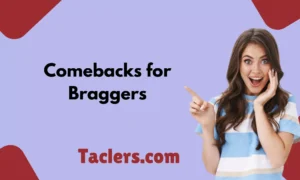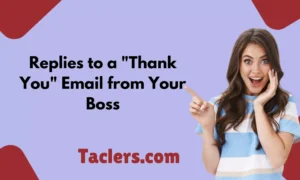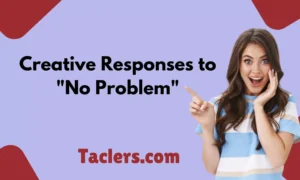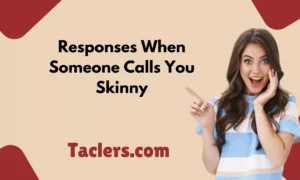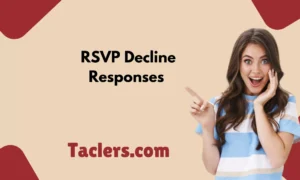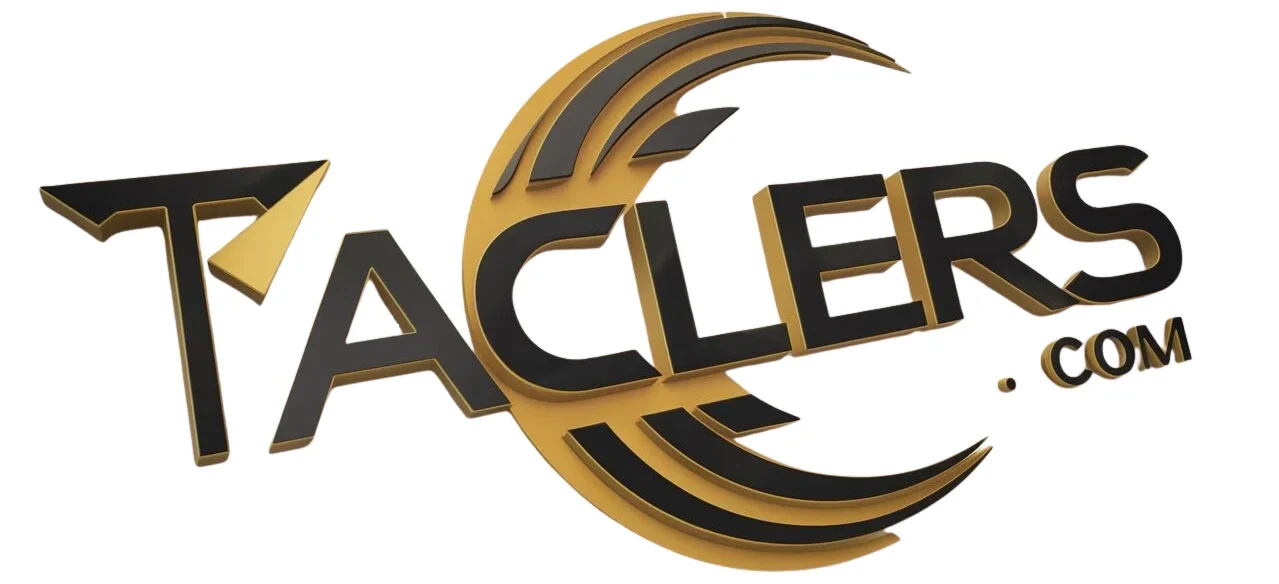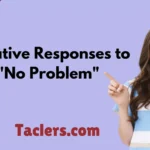When someone wishes you a safe journey, it’s a gesture of care and goodwill. Whether you’re embarking on a short trip or a long adventure, responding thoughtfully can enhance your relationship and reflect your appreciation. This comprehensive guide will explore a variety of responses to “Have a Safe Journey,” ensuring you have the perfect reply for any situation.
Simple “Safe Journey” Acknowledgements
“I will, thanks.”
Context: This response is straightforward and polite, making it suitable for quick exchanges or formal settings. It acknowledges the well-wish without adding extra detail.
Use Cases:
- Quick replies in professional settings.
- Brief interactions where a simple acknowledgment suffices.
“Much appreciated.”
Context: This reply is a concise way to show gratitude. It is versatile, fitting both casual and formal contexts.
Use Cases:
- Formal business environments.
- Situations where a brief but polite response is needed.
“Thanks, I appreciate it.”
Context: Expresses thanks and acknowledges the sentiment behind the well-wish. It’s slightly more personal than the previous options.
Use Cases:
- Personal interactions with friends or family.
- Emails or messages where a bit more warmth is appropriate.
“That’s kind of you to say.”
Context: Highlights the kindness of the well-wisher, adding a touch of warmth to your response.
Use Cases:
- Conversations where you want to emphasize the well-wisher’s thoughtfulness.
- Interactions with people you are close to or want to build rapport with.
Reciprocal Safe Trip Well Wishes
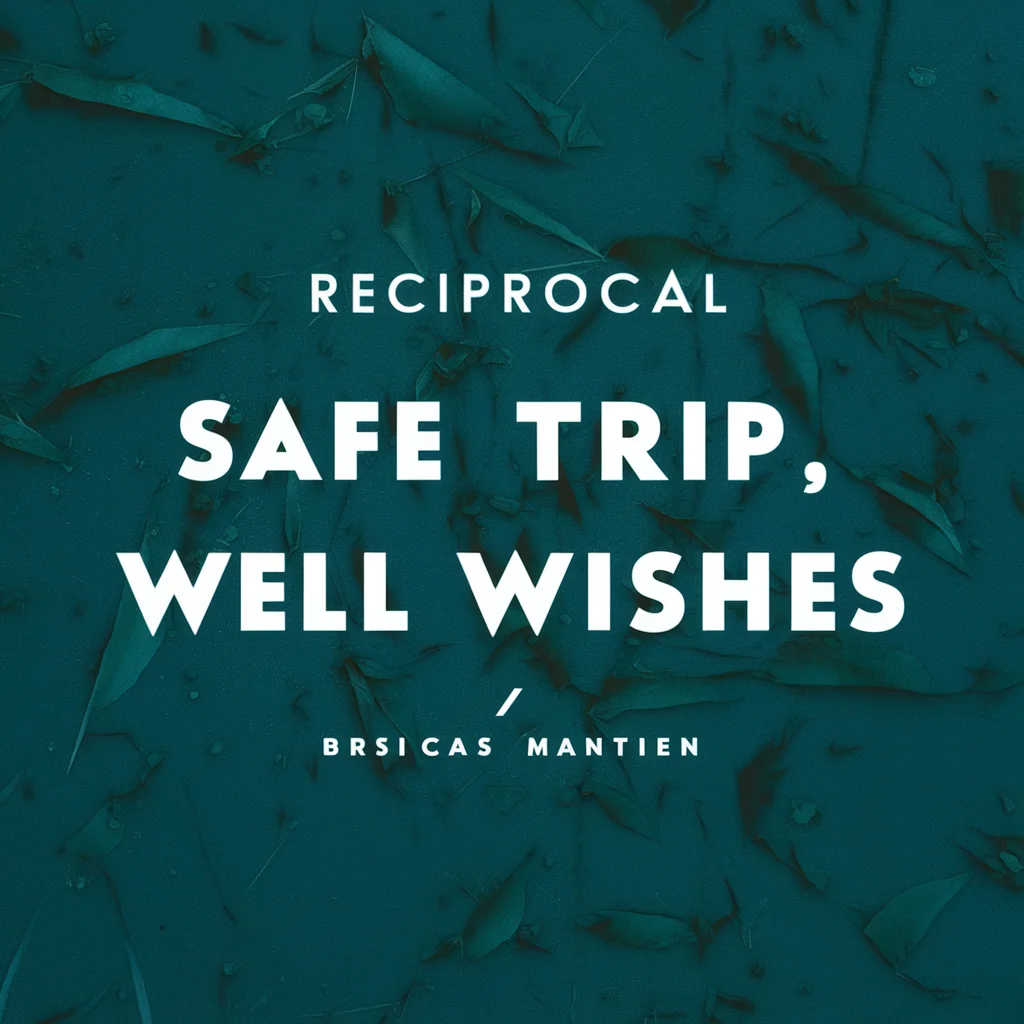
“You too!”
Context: A simple, reciprocal response that wishes the well-wisher a good day or journey as well. It’s casual and easy to use.
Use Cases:
- Friendly interactions with colleagues or acquaintances.
- Quick exchanges where a mutual wish is appropriate.
“And you as well.”
Context: Polite and reciprocal, this response is slightly more formal than “You too!” but still friendly.
Use Cases:
- More formal interactions.
- Situations where you want to mirror the well-wisher’s sentiment politely.
“Thanks, hope your day goes smoothly too!”
Context: Shows consideration for the well-wisher’s day, adding a personal touch to your reply.
Use Cases:
- Friendly conversations where you want to express mutual good wishes.
- Interactions with people who you have a closer relationship with.
“Safe travels to you as well, and I look forward to a safe return!”
Context: A personalized and engaging response that not only reciprocates the wish but also expresses anticipation for your return.
Use Cases:
- Close friends or family.
- Situations where you want to convey both appreciation and eagerness to reconnect.
“Thanks, and the same to you.”
Context: Offers a mutual exchange of good wishes in a simple yet effective manner.
Use Cases:
- Casual interactions.
- Quick replies where a reciprocal wish is appropriate.
Humorous Responses to Safe Travels (Use Sparingly!)
“I’ll try not to get lost.”
Context: A playful response that adds a touch of humor to the well-wish. It’s best used with those who appreciate light-hearted jokes.
Use Cases:
- Close friends or family.
- Situations where humor is welcomed and appreciated.
“If I don’t come back, send a search party!”
Context: A joking way to acknowledge concern, adding a humorous twist.
Use Cases:
- Close-knit groups or individuals who enjoy humor.
- Casual conversations where a joke is fitting.
“Don’t worry, I’ve packed my lucky socks.”
Context: A humorous response that playfully addresses travel uncertainties.
Use Cases:
- Friends or family who enjoy playful banter.
- Informal settings where humor is appreciated.
“I’ll try to avoid any unexpected adventures.”
Context: Playfully acknowledges the unpredictability of travel while keeping the tone light.
Use Cases:
- Conversations where a touch of humor is suitable.
- Interactions with people who enjoy a good laugh.
“My navigation skills are questionable, wish me luck!”
Context: Adds humor by playfully referencing potential travel issues.
Use Cases:
- Close friends or family with a good sense of humor.
- Informal interactions where light-heartedness is welcome.
Heartfelt Answers to “Have a Safe Trip” (Longer Trips or Deeper Concern)
“Thanks, that means a lot.”
Context: A sincere response that acknowledges the emotional support behind the well-wish.
Use Cases:
- Significant trips or longer journeys.
- Interactions where emotional support is particularly valued.
“I really appreciate your concern.”
Context: Acknowledges and values the concern expressed by the well-wisher, showing appreciation.
Use Cases:
- Close relationships where emotional support is important.
- Personal interactions where heartfelt gratitude is appropriate.
“I’ll be sure to message you when I arrive.”
Context: Reassures the well-wisher that you’ll keep them updated, adding a layer of personal connection.
Use Cases:
- For long trips or journeys where updates are appreciated.
- Close friends or family who value staying informed.
“Thanks, knowing you’re thinking of me makes the trip easier.”
Context: Highlights how the well-wisher’s thoughts provide comfort and ease during the journey.
Use Cases:
- Significant travels where emotional support is crucial.
- Personal connections where heartfelt appreciation is appropriate.
“I’ll keep you updated on my journey.”
Context: Offers ongoing communication and reassurance, keeping the well-wisher informed about your progress.
Use Cases:
- Long trips or journeys where updates are valued.
- Close relationships where regular communication is expected.
“Your support means the world to me.”
Context: Emphasizes the importance of the well-wisher’s support, reflecting deep appreciation.
Use Cases:
- Emotional or significant travels where support is crucial.
- Close friends or family who provide significant emotional backing.
“Thank you for the well wishes, I’ll be careful.”
Context: Expresses gratitude and a commitment to safety, balancing appreciation with reassurance.
Use Cases:
- Personal interactions where both gratitude and safety are key.
- Situations where you want to acknowledge concern while affirming your caution.
“Your kind words are reassuring.”
Context: Acknowledges the comfort provided by the well-wisher’s words, showing appreciation.
Use Cases:
- Significant journeys where emotional support is important.
- Interactions with those who offer heartfelt well-wishes.
“That’s so thoughtful of you.”
Context: Appreciates the thoughtfulness behind the well-wish, emphasizing the gesture’s impact.
Use Cases:
- Personal connections where the thoughtfulness is acknowledged.
- Conversations where you want to emphasize the gesture’s importance.
“Your blessings give me confidence on my journey.”
Context: Reflects how the well-wisher’s blessings provide confidence and encouragement.
Use Cases:
- Significant travels or emotional journeys.
- Close relationships where blessings are particularly meaningful.
Trip-Specific Tweaks to Safe Journey
“I’ll be careful on the road. Thanks!”
Context: Tailored response for road trips, acknowledging the specific travel conditions.
Use Cases:
- Road trips or car journeys.
- Interactions where the type of travel is relevant.
“Hope the seas are calm for my voyage!”
Context: Addresses water travel, hoping for favorable conditions.
Use Cases:
- Cruises or sea voyages.
- Situations where the type of travel involves water.
“Wish me luck for a smooth flight!”
Context: Focuses on air travel, expressing hope for a trouble-free flight.
Use Cases:
- Air travel situations.
- Conversations where flight safety and smoothness are the focus.
“I’ll conquer that mountain trail safely! Thanks for the encouragement.”
Context: Tailored for hiking or mountain journeys, reflecting anticipation and readiness.
Use Cases:
- Hiking or climbing trips.
- Interactions where the adventure involves challenging terrains.
“Ready for a smooth train journey. Thanks for the well wishes!”
Context: Acknowledges train travel, expressing readiness and appreciation.
Use Cases:
- Train journeys or rail travel.
- Conversations where the mode of transport is by train.
Replies for Air Travel (“Have a Safe Flight”)
“I’ll be up in the clouds thanks to your well wishes!”
Context: A light-hearted response specific to air travel, acknowledging the well-wish with a touch of humor.
Use Cases:
- Casual interactions before a flight.
- Conversations where humor about air travel is appropriate.
“Hoping for clear skies and a smooth landing. Thanks!”
Context: A specific and hopeful reply for air travel, expressing desire for a safe and smooth flight.
Use Cases:
- Pre-flight interactions.
- Situations where clear skies and a smooth landing are particularly relevant.
“Your concern means a lot, especially with my fear of flying.”
Context: Acknowledges the personal significance of the well-wish, especially for those with flight anxiety.
Use Cases:
- When flying causes anxiety or fear.
- Conversations where the well-wisher’s concern is deeply appreciated.

James Wilson, an acclaimed author on Taclers.com, has a passion for exploring the nuances of human interaction. His profound observations and eloquent prose bring a new dimension to understanding reactions. Join him on a journey through the intricate dance of emotions and responses.


